Macau is accelerating its transition to electric scooters, with market share already reaching 40.7%. However, charging networks and technical manpower have not kept pace with the growth, creating new bottlenecks for urban life.
According to the Macau Daily Times, experts warn that the current number of charging points is insufficient and not distributed properly, while there are very few technicians knowledgeable about electric vehicles. This puts the process of "greening" vehicles at risk of stalling, despite strong support policies from the government.
Hot growth, infrastructure falls behind
This month, the Macau Environmental Protection Administration (DSPA) launched a new phase of a five-year subsidy program to encourage residents to switch from gasoline-powered motorcycles to electric ones, with each participant receiving up to 8,800 patacas (over $1,100) and fee concessions.
Thanks to previous support, the proportion of electric motorbikes increased from 2% to 40.7%. In the period 2022-2023 alone, 1,457 old motorbikes were recalled and 1,210 new electric motorbikes were registered. However, charging infrastructure is growing slowly: the special zone currently has 630 charging points located in 49 public parking lots and 8 battery swapping stations to serve more than 5,000 registered electric motorbikes.

| Index | Value |
|---|---|
| Electric motorbike market share | 40.7% |
| Maximum allowance/person | 8,800 patacas (over 1,100 USD) |
| Public charging points | 630 spots at 49 parking lots |
| Battery swap station | 8 stations |
| Registered electric motorbike | More than 5,000 vehicles |
| Used Car Recalls (2022–2023) | 1,457 vehicles |
| New electric vehicle registrations (2022–2023) | 1,210 vehicles |
Harsh climate and urban space problems
Macau is located in an area directly affected by the South China Sea and the West Pacific Ocean, where tropical storms are common. The risk of flooding complicates the expansion of the charging network, requiring higher standards of flood protection and electrical safety.
Mr. Ung Ka Fei, representative of the Macau Motorcycle Professionals Association, said that the current charging system is both insufficient in quantity and not properly distributed. Private parking lots are almost not equipped with charging points, leaving users dependent on the already overloaded public infrastructure.
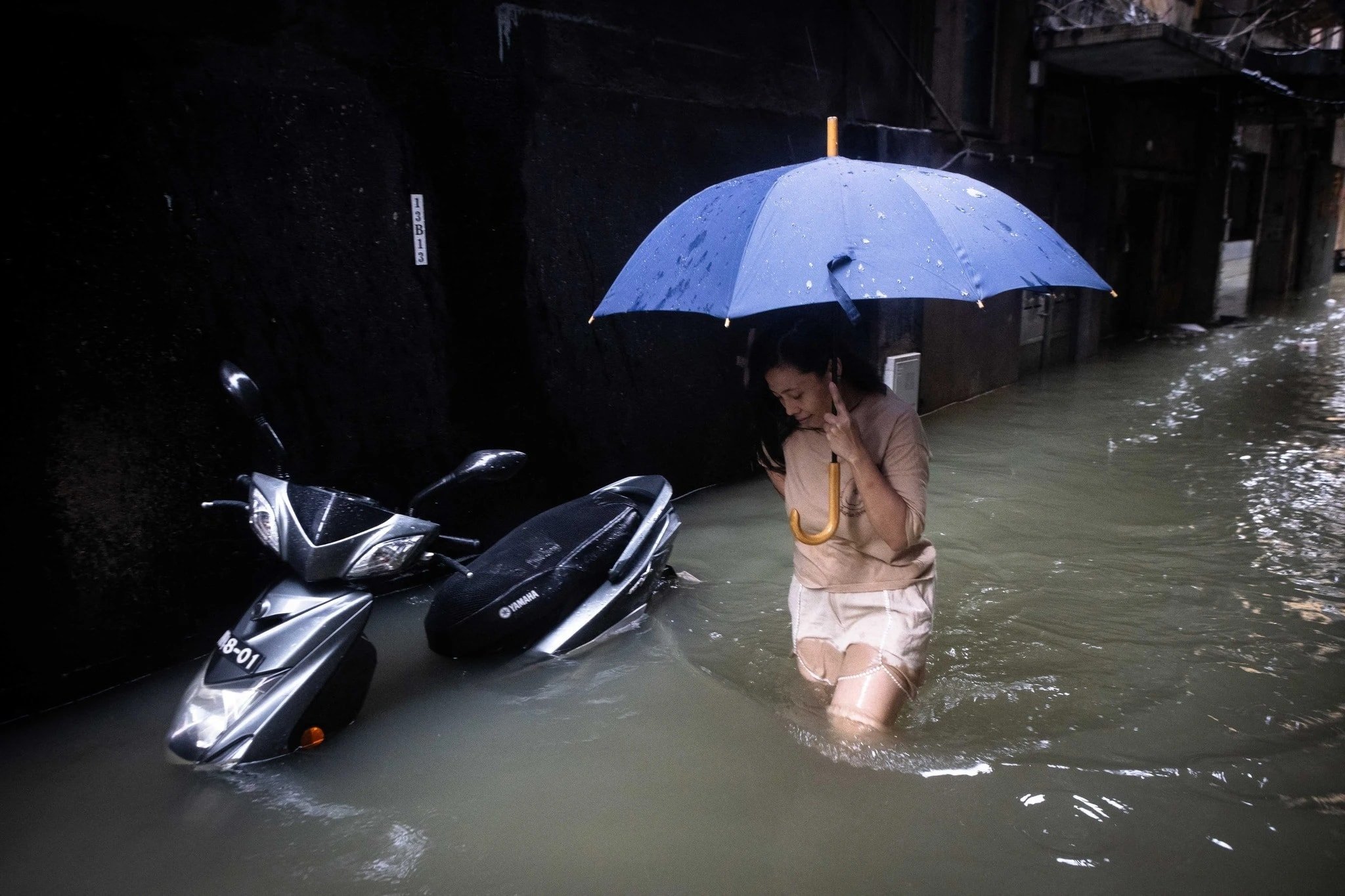
Technician shortage amid a fragmented market
Not only is there a lack of charging stations, repair and maintenance services are also under pressure. Mr. Lei Chong Sam, Chairman of the Macau Environmental Protection Electric Motorcycle Merchants Association, said the biggest problem at the moment is the limited number of charging stations, while the team of technicians with in-depth knowledge of electric vehicles is very small.
The electric motorcycle market in Macau currently has 179 models from nearly 50 brands. The product diversity gives users many choices, but also makes training and standardizing repair and maintenance processes more difficult, especially with different electrical and electronic systems between brands.
Subsidy policies need to go hand in hand with infrastructure and human resources.
Government support packages have provided a clear boost, but without infrastructure upgrades and proper distribution, the benefits could be offset by longer charging times, higher operating costs and safety risks from flooding. Observers say that without rapid expansion of the charging network and training of personnel, Macau’s ambitions to electrify its motorcycle fleet will slow down.
The immediate focus, experts warn, is to increase the number of charging points in public parking lots, gradually equip private parking lots, and expand technician training to ensure after-sales service keeps up with the number of vehicles.
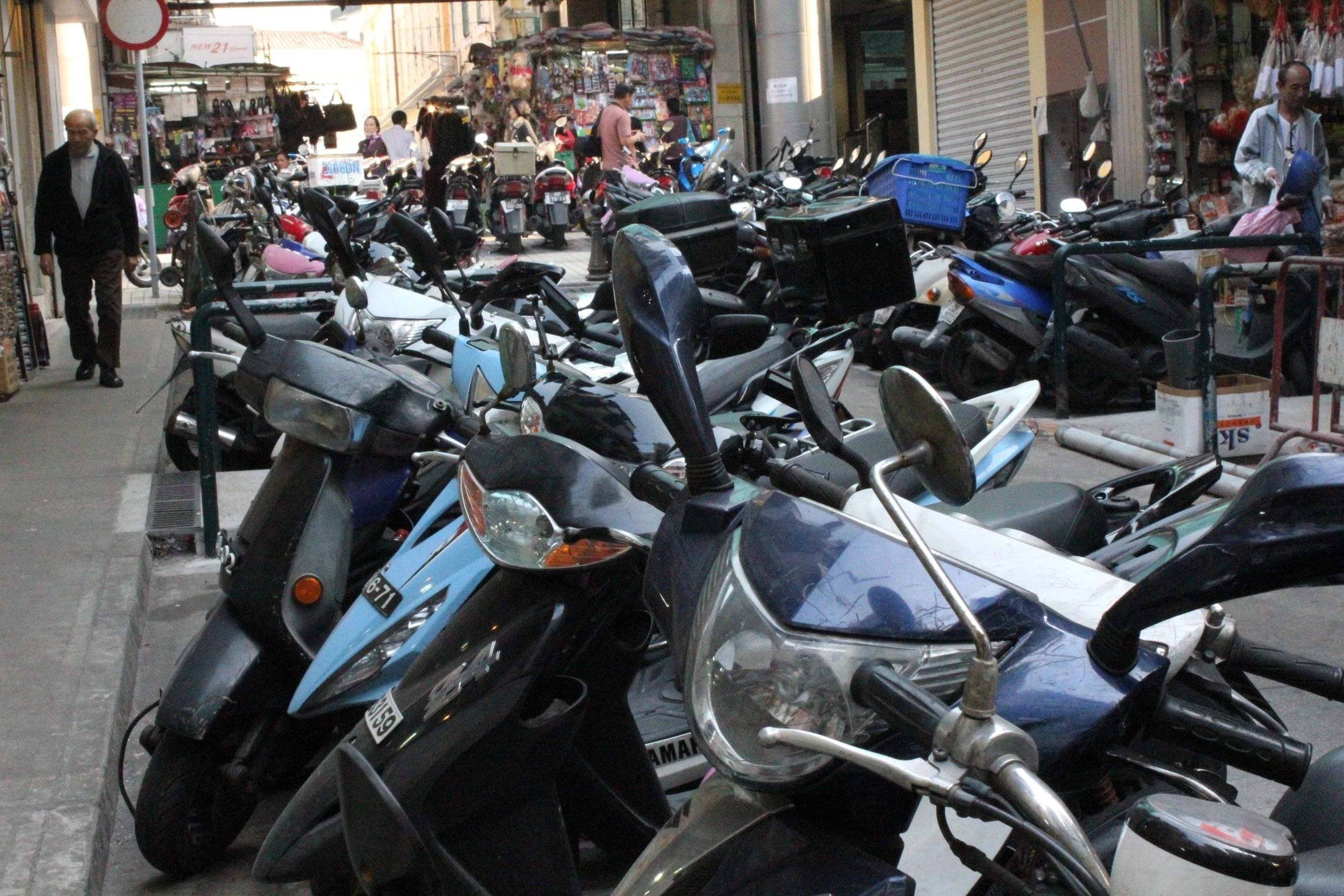
Short conclusion
- Bright spot: Electric motorbike penetration rate increased rapidly to 40.7% thanks to subsidies and incentives.
- Bottleneck: 630 charging points and 8 battery swapping stations cannot meet the needs of more than 5,000 vehicles; distribution is not reasonable.
- Risks: Lack of technicians and flooding challenges could slow electrification progress.
- Prerequisite: Expanding the charging network and training human resources must go hand in hand with support policies.
Source: https://baonghean.vn/xe-may-dien-bung-no-o-macau-nhung-ket-vi-thieu-tram-sac-10309003.html



![[Photo] Prime Minister Pham Minh Chinh and United Nations Secretary-General Antonio Guterres attend the Press Conference of the Hanoi Convention Signing Ceremony](https://vphoto.vietnam.vn/thumb/1200x675/vietnam/resource/IMAGE/2025/10/25/1761391413866_conguoctt-jpg.webp)
![[Photo] National Assembly Chairman Tran Thanh Man receives United Nations Secretary-General Antonio Guterres](https://vphoto.vietnam.vn/thumb/1200x675/vietnam/resource/IMAGE/2025/10/25/1761390815792_ctqh-jpg.webp)
![[Photo] Prime Minister Pham Minh Chinh receives United Nations Secretary-General Antonio Guterres](https://vphoto.vietnam.vn/thumb/1200x675/vietnam/resource/IMAGE/2025/10/25/1761390212729_dsc-1484-jpg.webp)



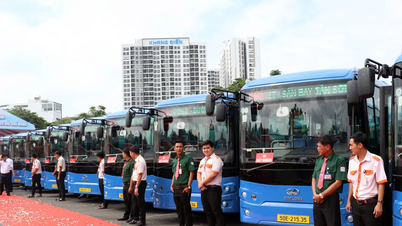

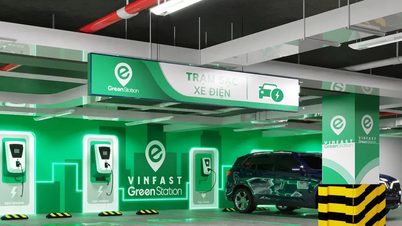
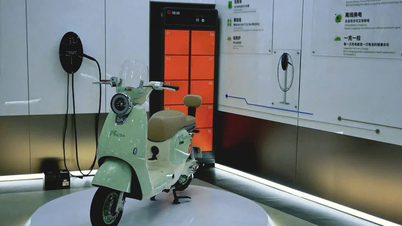



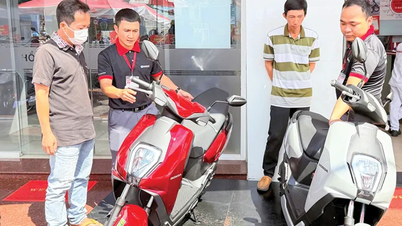

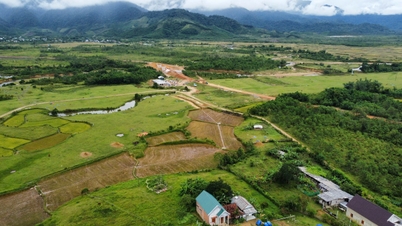

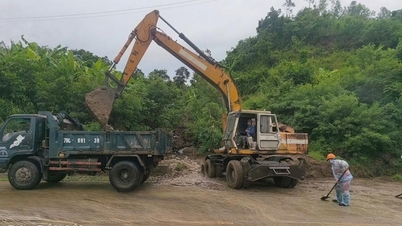



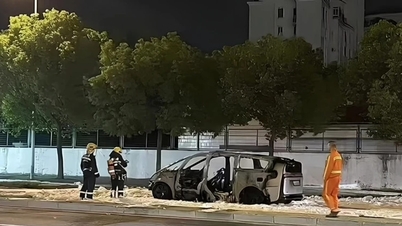
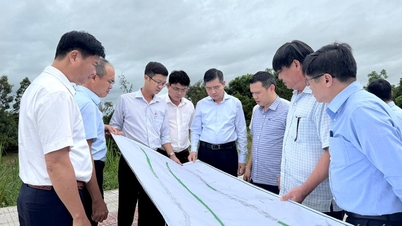
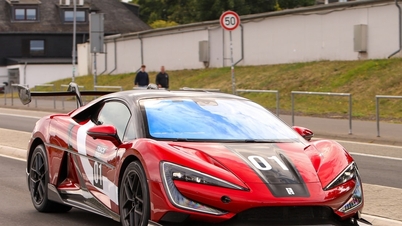





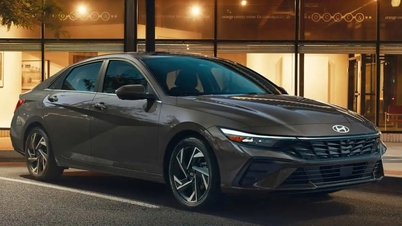




![[Photo] General Secretary To Lam meets with General Secretary and President of Laos Thongloun Sisoulith](https://vphoto.vietnam.vn/thumb/1200x675/vietnam/resource/IMAGE/2025/10/25/1761380913135_a1-bnd-4751-1374-7632-jpg.webp)







































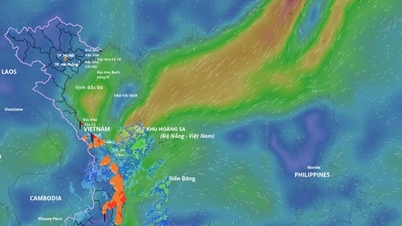






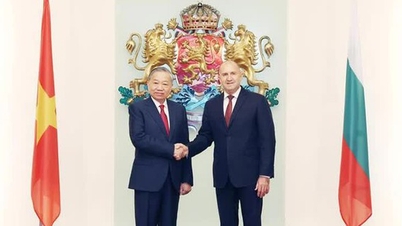

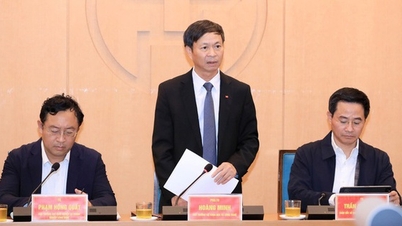

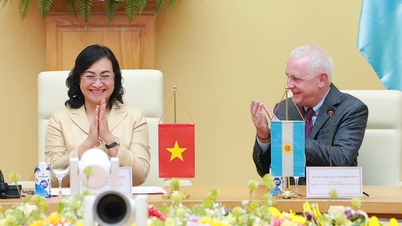

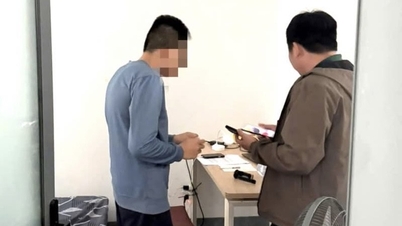




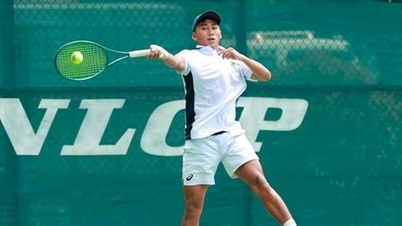
















Comment (0)